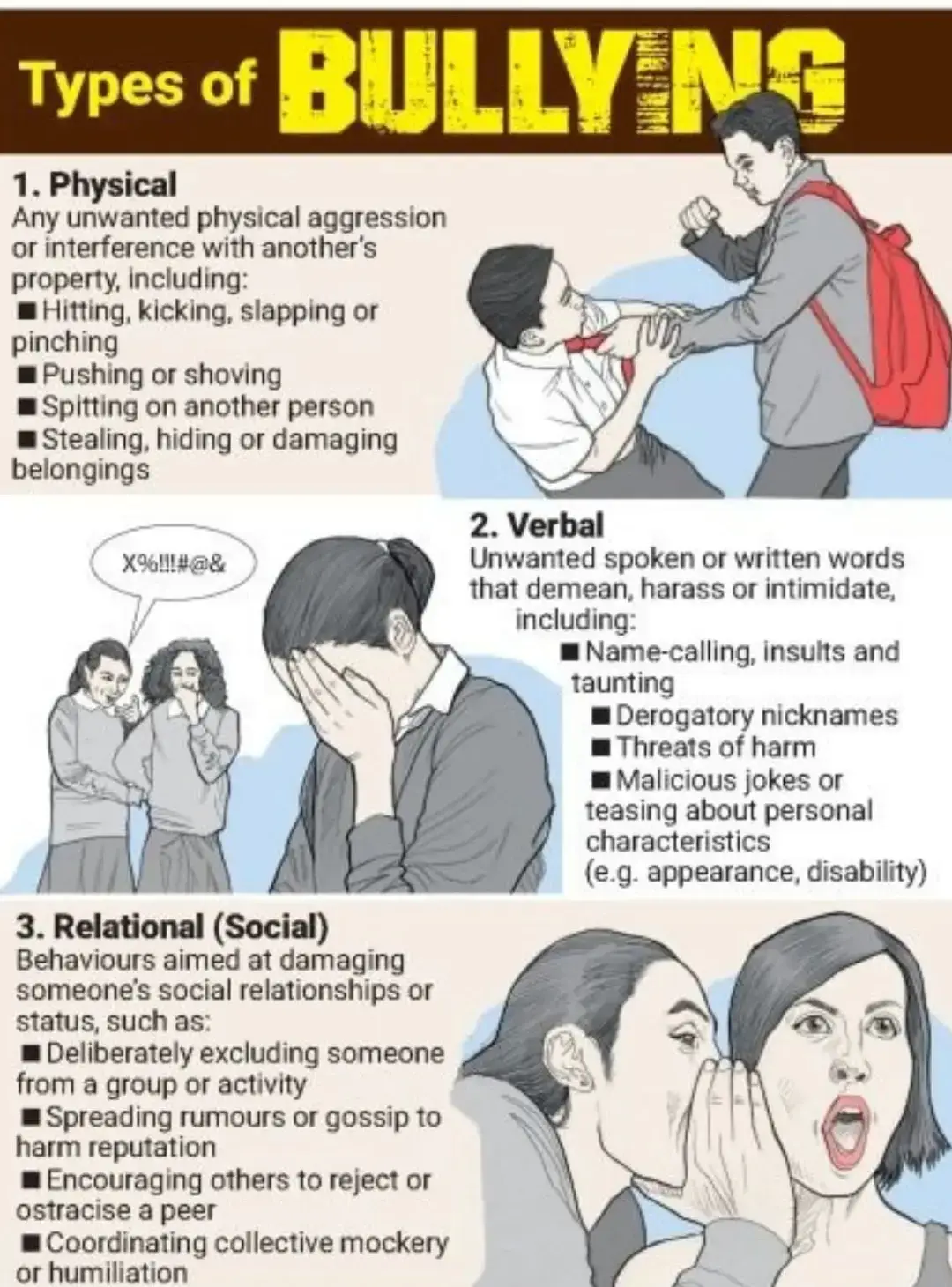Aftab saabri 50312 7408000
Region: PK
Wednesday 15 October 2025 19:13:04 GMT
42
10
1
1
Music
Download
Comments
M. Abbas :
🥰🥰🥰
2025-10-15 20:22:35
0
To see more videos from user @aftabahmadsabri5, please go to the Tikwm
homepage.





